What Experts On Uk Legal CBD Want You To Be Able To
Is Cannabis For Sale Legal in Your State?
Whether or not cannabis for sale is legal in your state is dependent on your individual circumstances. Find out if cannabis is legal in Illinois, Vermont, or New Jersey. There are different laws and regulations for each state in relation to the use of marijuana and sales. This information will allow you to make an informed choice whether you want to purchase a medical marijuana product, or a recreational marijuana product.
 Illinois cannabis for sale
Illinois cannabis for sale
There are several factors that influence the legality of marijuana for sale in Illinois. First cannabis must be sold to someone who is aged 21 or over. Second, Illinois marijuana laws will require that you pay a sales tax for cannabis edibles, flowers and concentrates. This tax will be 7% off the retail price of cannabis. Local municipalities can impose additional sales tax in addition to state tax. You will also need to visit a dispensary that is licensed in accordance with Illinois marijuana laws.
While most states have banned marijuana sales, Illinois is different. The state has a Medical Cannabis Patient Program that enrolls approximately 172,000 qualifying patients. Additionally, Illinois has a Smoke-Free Illinois Act that prohibits smoking in public spaces. This encompasses all state-owned and lease-lease buildings. However private residences are not covered. This is due to the fact that private residences are typically used as foster homes or for child care.
Another important change to Illinois cannabis laws concerns the legalization of recreational marijuana. This new law will become effective on Jan. 1 2020. All marijuana that is sold in Illinois dispensaries must be grown in Illinois. Additionally, Illinois marijuana laws also prohibit the consumption or possession of marijuana-related products in public places.
In the year 2019, Illinois lawmakers made recreational marijuana legal. The first sales will begin in January 2020. The law also extends medical marijuana laws, which allows cardholders to buy marijuana at a lower cost. In addition, cardholders get priority in the event of shortages. Therefore the legality of cannabis sale in Illinois will be contingent on a number of factors.
While the legalization of cannabis in Illinois may have some benefits However, it does have some negatives. First it opens the doors to increased use of drugs by youth. It also increases the risk of a greater chance of being found guilty of the crime. It could also force school officials to make significant changes to their policies regarding employment.
Washington state lawful cannabis for sale
Washington state has legalized marijuana for purchase and sale. However, marijuana businesses need to be registered with the Secretary of State. This registration ensures that a business has a limited liability. Additionally it will not be allowed to provide samples or allow customers to consume cannabis on its premises. Businesses that fail to comply with the law could face penalties, including fines and other legal consequences.
Washington state has legalized recreational marijuana use in 2012. The law, passed in 2012, allows adults over 21 to purchase cannabis products from licensed dispensaries. The state also has medical marijuana programs which permits patients suffering from certain medical ailments to purchase cannabis products from dispensaries. Cannabis is still illegal to be sold or consumed in public areas.
In Washington state, cannabis is only legal to adults over 21 years old. It is not legal to consume marijuana in public and is dangerous for health. It is illegal to purchase marijuana-related products from unlicensed shops. It is also unlawful to purchase marijuana products on cruise ships or federal property, as well as navigable waterways. A person must be minimum 21 years old and have a valid federal or provincial identification card to purchase marijuana.
Only licensed dispensaries can sell marijuana in Seattle. There are no cannabis lounges or cafes that are allowed, and there are no delivery services are provided. This means that those who want to purchase cannabis should search for marijuana shops in nearby cities. This way, they'll avoid the high costs of running such a business.
Vermont legality of cannabis sale
In Vermont the cultivation and sale of cannabis for personal use is legal. Consumption of cannabis in public areas however, is not legal. This means that only a select few people in the state may be able to obtain a license to purchase cannabis for personal use. The state is working towards increasing accessibility to the program and has passed S. 16 in order to increase the number of dispensaries. The new law also allows for an additional dispensary. There are currently only four dispensaries that are licensed in Vermont. There is a plan to start a sixth dispensary after the state's patient list is 7,700.
In Vermont the Cannabis Control Board has given priority to applicants with social equity (people from historically disadvantaged regions) when applying for a retail licence. Local growers are among them. Mountain Girl Cannabis, a couple from Hispanic origin, was the first retailer to open in Vermont. Numerous other retailers are in the process of planning, however, many anticipate opening within the next few months. It is a new experience, but it is not without its challenges. Customers must interact with employees in the shops.
Many growers are dissatisfied with the lengthy process of applying for a license. The Cannabis Control Board is responsible for the review of all applications and the drafting of regulations. Many people had hoped for an approval by the end of May, but this hasn't happened. This is understandable as the initial staff is very small.
While Vermont has legalized marijuana, driving while under the influence of it is still illegal. If you are caught driving while under the influence, you could be detained and liable for a fine of $750 and cannabis for sale up to two years in jail. This is even true for those who have been registered as patients but don't smoke marijuana while driving. Additionally you will be fined $200 if you possess an open container of marijuana in your vehicle.
New Jersey legalizes cannabis for sale
Since the legalization of cannabis in New Jersey, more dispensaries are popping up. Most of them are medical marijuana establishments however recreational dispensaries could soon be legal as well. Although the state is still deciding which products will be permitted for sale, it is expected that recreational cannabis will be available by July 2022.
New Jersey's legalization of cannabis for sale following decades of prohibition has opened up new opportunities for residents. New laws in New Jersey will allow six sectors of the cannabis economy, including microbusinesses with fewer than 10 employees. Social justice was the main motive behind New Jersey's marijuana legalization legislation. Although the state has similar use of marijuana, Black residents were arrested for marijuana possession at an average of 3.5 times higher than their white counterparts. Advocates wanted to ensure that Black and Latino communities could participate in the legal market as well.
Though marijuana laws are becoming more liberal, New Jersey continues to have severe penalties for violating these laws. One marijuana plant could be a cause for a person to be in jail for up to five years, and a fine of up to $25,000. It is crucial not to let the state's legalization of marijuana lead you to think that the state is no longer taking marijuana laws seriously. Phil Murphy, New Jersey's Democratic Governor, Cannabis For Sale said in October that he was unsure what the reason is for the state to continue to criminalize marijuana. He also said he was open-minded to amending the state's marijuana laws.
Although the law in New Jersey permits adults 21 and older to purchase up to an ounce of marijuana, it does not allow the sale of edibles and baked goods. Although marijuana is legal in New Jersey, it cannot be transported across state lines.
Legalization of cannabis in Connecticut
Connecticut residents who are over 21 years old can buy and have up to 1 milligram of recreational marijuana. Since 2012 the state has allowed medical marijuana but not for recreational use. Although recreational use is legal in Connecticut but it's illegal to market it, grow it or even sell it to other people. This is expected to be changed with the state's new law.
The legislation had a bumpy passage through the state legislature. After Governor Lamont threatened to veto this bill over an earlier Senate amendment which would have given marijuana sellers and users prioritization, House members stripped the legislation of the amendment. The debate continued to the very end of the State Senate. Opponents of the measure criticised the «social equity» provision and raised concerns about addiction.
The new law also bans marijuana-related advertisements. The law prohibits cannabis-related advertisements within 500 feet of schools. A tax of 12 percent is imposed on all cannabis sales. The legal marijuana industry in Connecticut could generate up to $100 million in tax revenue every year and create 3,000 jobs. Although local governments are permitted to allow cannabis businesses, they are allowed to limit the number of businesses and how far they are from daycares and schools. The new market will be overseen by the state's regulatory- and licensing department.
The law also requires that marijuana stores meet higher security thresholds and regulate interactions with customers, and adhere to strict health- and safety guidelines. The regulations will be considered final in a few months, following which licenses will be issued. The first retail sales of recreational cannabis are expected to start in April 2022 for marijuana businesses.
Whether or not cannabis for sale is legal in your state is dependent on your individual circumstances. Find out if cannabis is legal in Illinois, Vermont, or New Jersey. There are different laws and regulations for each state in relation to the use of marijuana and sales. This information will allow you to make an informed choice whether you want to purchase a medical marijuana product, or a recreational marijuana product.
 Illinois cannabis for sale
Illinois cannabis for saleThere are several factors that influence the legality of marijuana for sale in Illinois. First cannabis must be sold to someone who is aged 21 or over. Second, Illinois marijuana laws will require that you pay a sales tax for cannabis edibles, flowers and concentrates. This tax will be 7% off the retail price of cannabis. Local municipalities can impose additional sales tax in addition to state tax. You will also need to visit a dispensary that is licensed in accordance with Illinois marijuana laws.
While most states have banned marijuana sales, Illinois is different. The state has a Medical Cannabis Patient Program that enrolls approximately 172,000 qualifying patients. Additionally, Illinois has a Smoke-Free Illinois Act that prohibits smoking in public spaces. This encompasses all state-owned and lease-lease buildings. However private residences are not covered. This is due to the fact that private residences are typically used as foster homes or for child care.
Another important change to Illinois cannabis laws concerns the legalization of recreational marijuana. This new law will become effective on Jan. 1 2020. All marijuana that is sold in Illinois dispensaries must be grown in Illinois. Additionally, Illinois marijuana laws also prohibit the consumption or possession of marijuana-related products in public places.
In the year 2019, Illinois lawmakers made recreational marijuana legal. The first sales will begin in January 2020. The law also extends medical marijuana laws, which allows cardholders to buy marijuana at a lower cost. In addition, cardholders get priority in the event of shortages. Therefore the legality of cannabis sale in Illinois will be contingent on a number of factors.
While the legalization of cannabis in Illinois may have some benefits However, it does have some negatives. First it opens the doors to increased use of drugs by youth. It also increases the risk of a greater chance of being found guilty of the crime. It could also force school officials to make significant changes to their policies regarding employment.
Washington state lawful cannabis for sale
Washington state has legalized marijuana for purchase and sale. However, marijuana businesses need to be registered with the Secretary of State. This registration ensures that a business has a limited liability. Additionally it will not be allowed to provide samples or allow customers to consume cannabis on its premises. Businesses that fail to comply with the law could face penalties, including fines and other legal consequences.
Washington state has legalized recreational marijuana use in 2012. The law, passed in 2012, allows adults over 21 to purchase cannabis products from licensed dispensaries. The state also has medical marijuana programs which permits patients suffering from certain medical ailments to purchase cannabis products from dispensaries. Cannabis is still illegal to be sold or consumed in public areas.
In Washington state, cannabis is only legal to adults over 21 years old. It is not legal to consume marijuana in public and is dangerous for health. It is illegal to purchase marijuana-related products from unlicensed shops. It is also unlawful to purchase marijuana products on cruise ships or federal property, as well as navigable waterways. A person must be minimum 21 years old and have a valid federal or provincial identification card to purchase marijuana.
Only licensed dispensaries can sell marijuana in Seattle. There are no cannabis lounges or cafes that are allowed, and there are no delivery services are provided. This means that those who want to purchase cannabis should search for marijuana shops in nearby cities. This way, they'll avoid the high costs of running such a business.
Vermont legality of cannabis sale
In Vermont the cultivation and sale of cannabis for personal use is legal. Consumption of cannabis in public areas however, is not legal. This means that only a select few people in the state may be able to obtain a license to purchase cannabis for personal use. The state is working towards increasing accessibility to the program and has passed S. 16 in order to increase the number of dispensaries. The new law also allows for an additional dispensary. There are currently only four dispensaries that are licensed in Vermont. There is a plan to start a sixth dispensary after the state's patient list is 7,700.
In Vermont the Cannabis Control Board has given priority to applicants with social equity (people from historically disadvantaged regions) when applying for a retail licence. Local growers are among them. Mountain Girl Cannabis, a couple from Hispanic origin, was the first retailer to open in Vermont. Numerous other retailers are in the process of planning, however, many anticipate opening within the next few months. It is a new experience, but it is not without its challenges. Customers must interact with employees in the shops.
Many growers are dissatisfied with the lengthy process of applying for a license. The Cannabis Control Board is responsible for the review of all applications and the drafting of regulations. Many people had hoped for an approval by the end of May, but this hasn't happened. This is understandable as the initial staff is very small.
While Vermont has legalized marijuana, driving while under the influence of it is still illegal. If you are caught driving while under the influence, you could be detained and liable for a fine of $750 and cannabis for sale up to two years in jail. This is even true for those who have been registered as patients but don't smoke marijuana while driving. Additionally you will be fined $200 if you possess an open container of marijuana in your vehicle.
New Jersey legalizes cannabis for sale
Since the legalization of cannabis in New Jersey, more dispensaries are popping up. Most of them are medical marijuana establishments however recreational dispensaries could soon be legal as well. Although the state is still deciding which products will be permitted for sale, it is expected that recreational cannabis will be available by July 2022.
New Jersey's legalization of cannabis for sale following decades of prohibition has opened up new opportunities for residents. New laws in New Jersey will allow six sectors of the cannabis economy, including microbusinesses with fewer than 10 employees. Social justice was the main motive behind New Jersey's marijuana legalization legislation. Although the state has similar use of marijuana, Black residents were arrested for marijuana possession at an average of 3.5 times higher than their white counterparts. Advocates wanted to ensure that Black and Latino communities could participate in the legal market as well.
Though marijuana laws are becoming more liberal, New Jersey continues to have severe penalties for violating these laws. One marijuana plant could be a cause for a person to be in jail for up to five years, and a fine of up to $25,000. It is crucial not to let the state's legalization of marijuana lead you to think that the state is no longer taking marijuana laws seriously. Phil Murphy, New Jersey's Democratic Governor, Cannabis For Sale said in October that he was unsure what the reason is for the state to continue to criminalize marijuana. He also said he was open-minded to amending the state's marijuana laws.
Although the law in New Jersey permits adults 21 and older to purchase up to an ounce of marijuana, it does not allow the sale of edibles and baked goods. Although marijuana is legal in New Jersey, it cannot be transported across state lines.
Legalization of cannabis in Connecticut
Connecticut residents who are over 21 years old can buy and have up to 1 milligram of recreational marijuana. Since 2012 the state has allowed medical marijuana but not for recreational use. Although recreational use is legal in Connecticut but it's illegal to market it, grow it or even sell it to other people. This is expected to be changed with the state's new law.
The legislation had a bumpy passage through the state legislature. After Governor Lamont threatened to veto this bill over an earlier Senate amendment which would have given marijuana sellers and users prioritization, House members stripped the legislation of the amendment. The debate continued to the very end of the State Senate. Opponents of the measure criticised the «social equity» provision and raised concerns about addiction.
The new law also bans marijuana-related advertisements. The law prohibits cannabis-related advertisements within 500 feet of schools. A tax of 12 percent is imposed on all cannabis sales. The legal marijuana industry in Connecticut could generate up to $100 million in tax revenue every year and create 3,000 jobs. Although local governments are permitted to allow cannabis businesses, they are allowed to limit the number of businesses and how far they are from daycares and schools. The new market will be overseen by the state's regulatory- and licensing department.
The law also requires that marijuana stores meet higher security thresholds and regulate interactions with customers, and adhere to strict health- and safety guidelines. The regulations will be considered final in a few months, following which licenses will be issued. The first retail sales of recreational cannabis are expected to start in April 2022 for marijuana businesses.
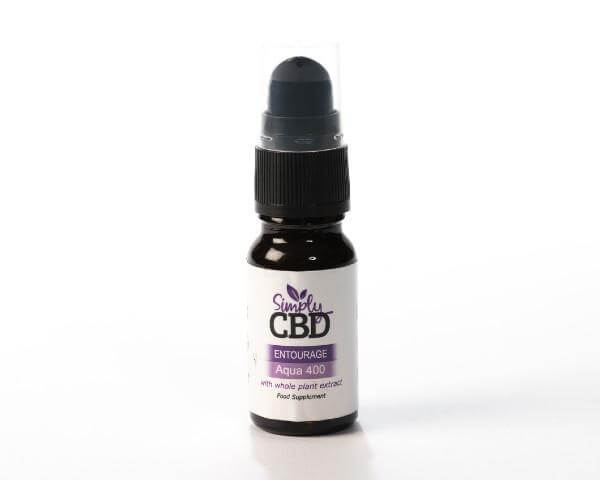 Cannabis sativa can be described as a relative of marijuana.
Cannabis sativa can be described as a relative of marijuana.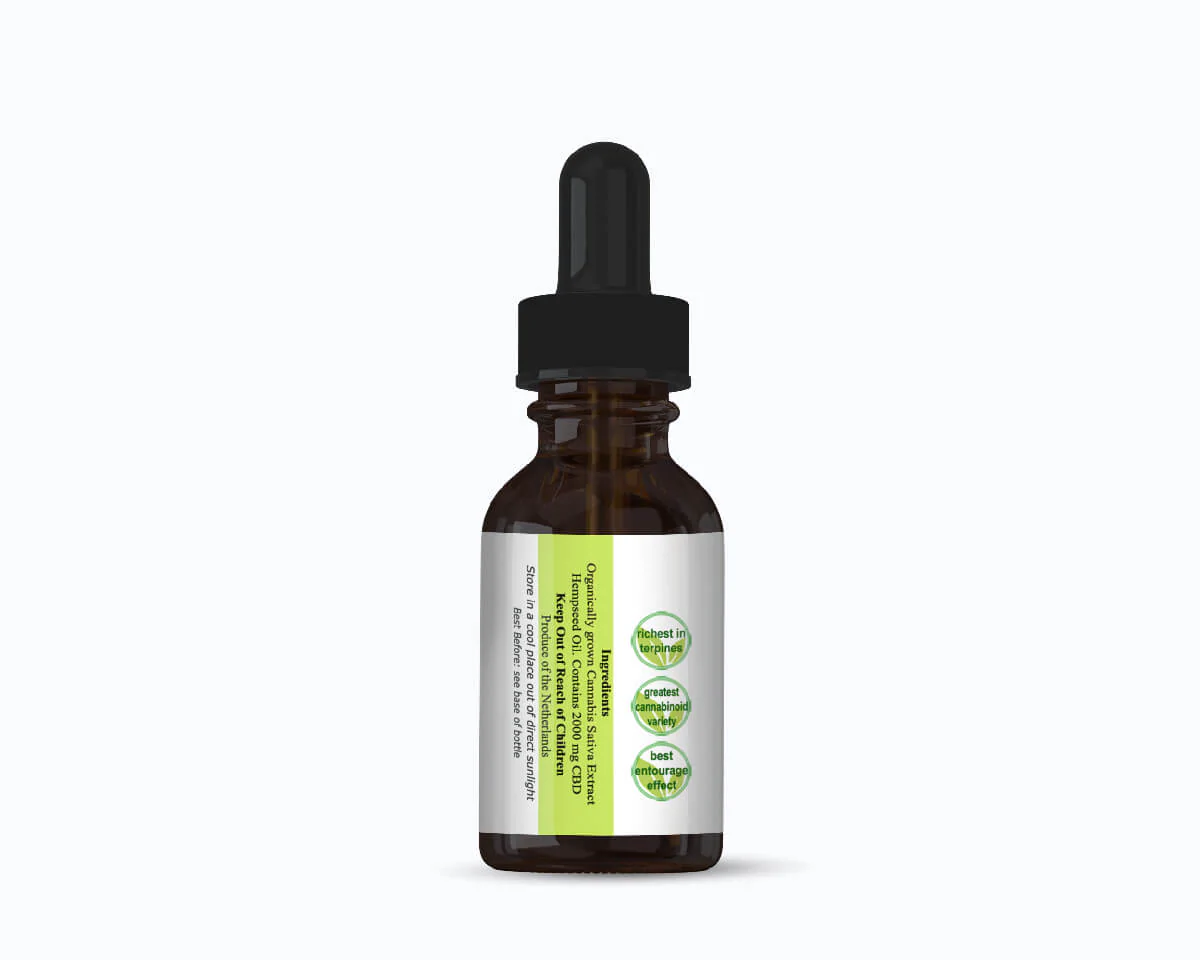 Cannabidiol is a type of cannabis oil, which is sold in a variety of stores. It is commonly used as a treatment for discomforts and pains. It is not legal to purchase CBD oil for serious ailments such as epilepsy, cancer and seizures. It is also known as low-THC.
Cannabidiol is a type of cannabis oil, which is sold in a variety of stores. It is commonly used as a treatment for discomforts and pains. It is not legal to purchase CBD oil for serious ailments such as epilepsy, cancer and seizures. It is also known as low-THC.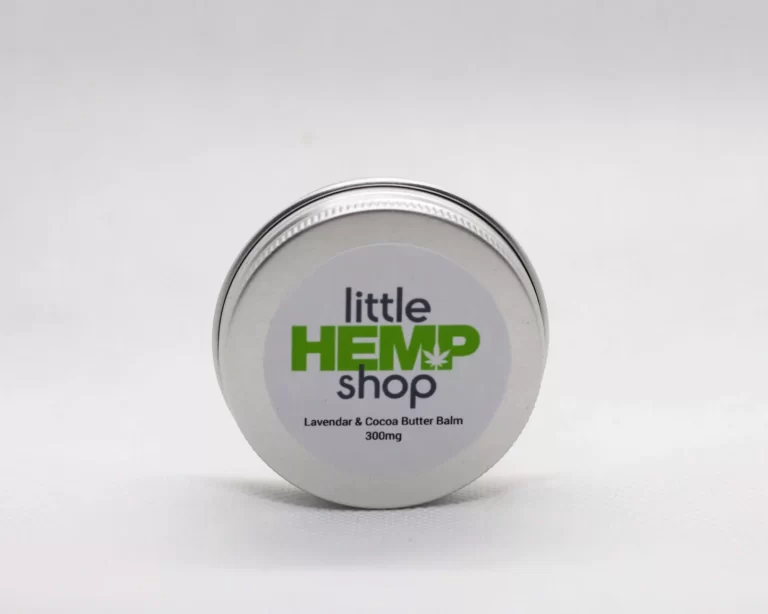 CBD is legal in the U.S., Canada and Europe. It is derived from hemp and marijuana plants and is regarded as a herbal drug. However the legality and safety depend on the source of the oil and the laws of the state. It is legal to consume hemp oil in all 50 states, with the exception for Slovakia.
CBD is legal in the U.S., Canada and Europe. It is derived from hemp and marijuana plants and is regarded as a herbal drug. However the legality and safety depend on the source of the oil and the laws of the state. It is legal to consume hemp oil in all 50 states, with the exception for Slovakia.
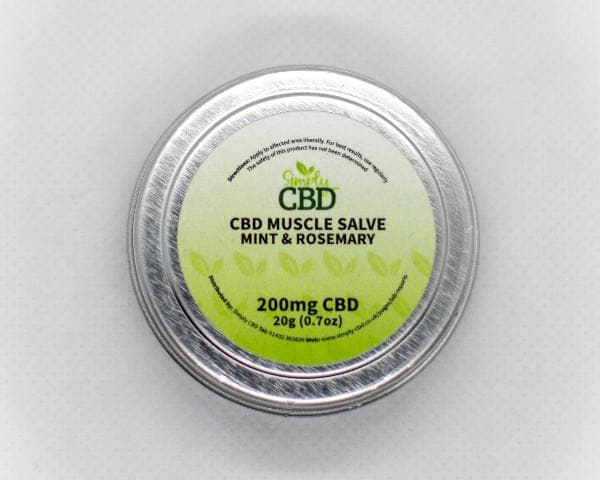 When shopping on the internet for hemp, be aware
When shopping on the internet for hemp, be aware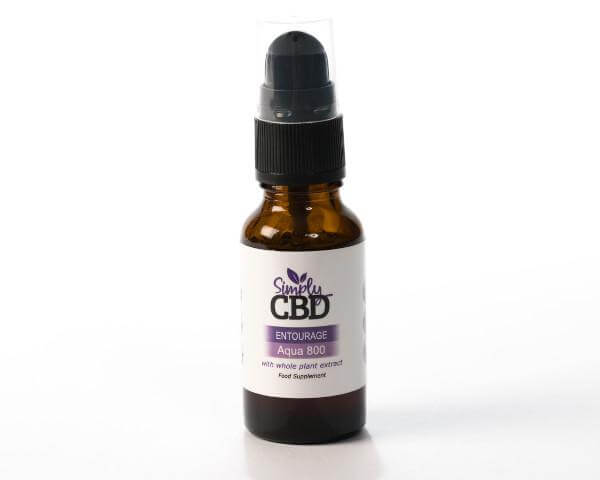 Another concern is the absence of research on CBD's long-term effects. Even though CBD is considered safe for public consumption by the World Health Organization, the risks remain undiscovered. This is especially true when CBD is employed by elderly people or children,
Another concern is the absence of research on CBD's long-term effects. Even though CBD is considered safe for public consumption by the World Health Organization, the risks remain undiscovered. This is especially true when CBD is employed by elderly people or children, 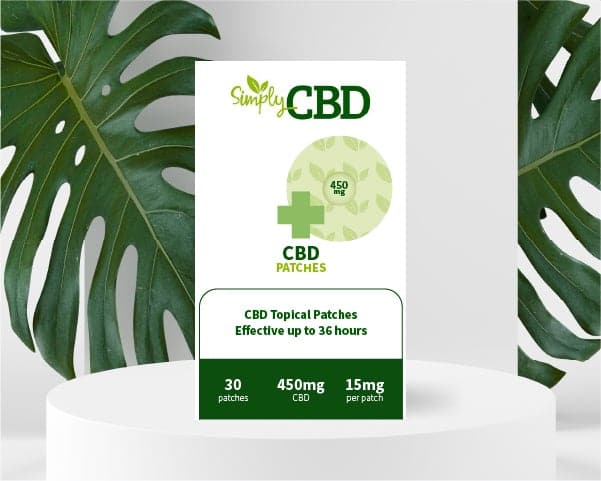 Cannabidiol is not a controlled substance in the UK
Cannabidiol is not a controlled substance in the UK
 While the CBD movement is often associated with millennials, there are many other demographic groups that are using CBD. For example Baby Boomers are as likely as millennials to buy CBD products. Both are becoming more aware of the effects of the entourage and the health benefits of CBD.
While the CBD movement is often associated with millennials, there are many other demographic groups that are using CBD. For example Baby Boomers are as likely as millennials to buy CBD products. Both are becoming more aware of the effects of the entourage and the health benefits of CBD. CBD is a complex chemical that acts on several enzymes and receptors throughout the body. It also regulates the vanilloid receptor that regulates the transmission of pain signals from sources of inflammation to the brain. Further research is required to fully comprehend the effects of CBD and other active cannabinoids in the human body.
CBD is a complex chemical that acts on several enzymes and receptors throughout the body. It also regulates the vanilloid receptor that regulates the transmission of pain signals from sources of inflammation to the brain. Further research is required to fully comprehend the effects of CBD and other active cannabinoids in the human body.